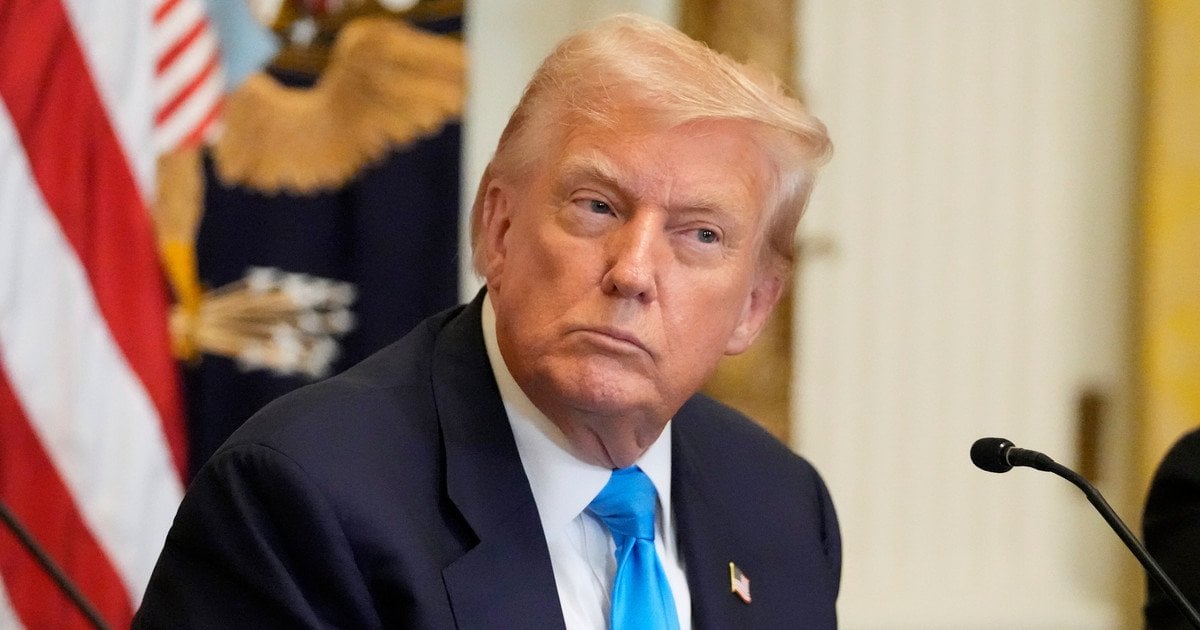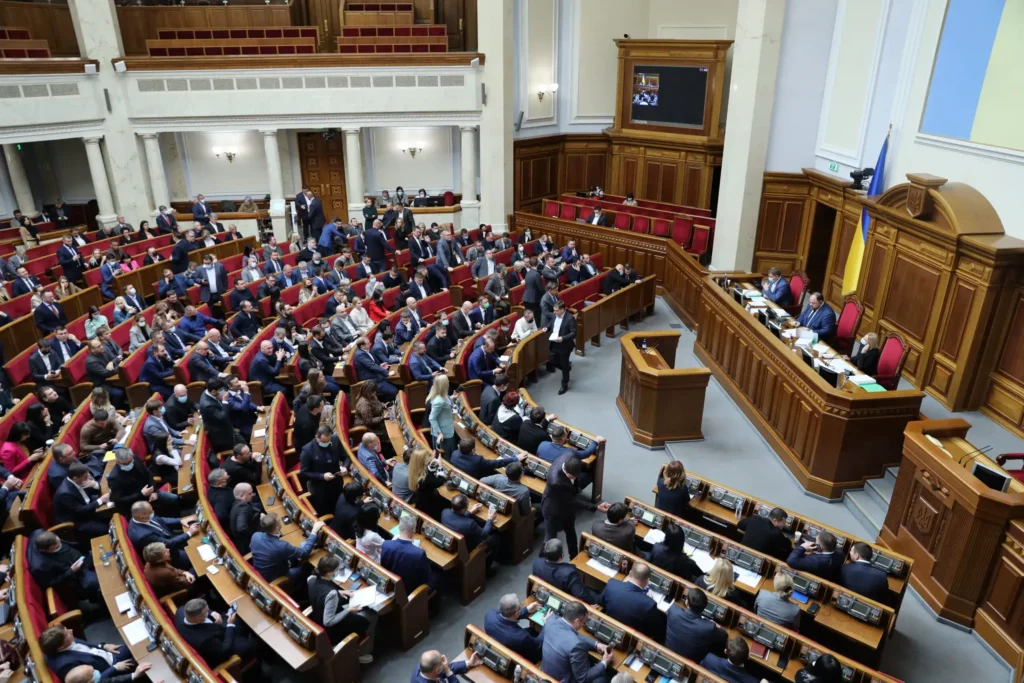Donald Trump: “Any country that does business with Russia will be subject to very tough sanctions”
17 November 2025 06:12
Donald Trump has confirmed his readiness to support a bill that would impose “very tough” measures against countries that continue to do business with Russia. The document includes a duty of up to 500% and may be expanded to include Iran. The US President believes that the sanctions package should become an instrument of pressure on Moscow and its foreign trade partners, "Komersant Ukrainian" reports citing Politico.
The initiative of Senators Lindsey Graham and Richard Blumenthal was introduced in April this year. The bill provides for the introduction of 500 percent duties on imports from countries that purchase Russian oil, gas, uranium and other strategically important resources. The proposed measures are aimed at reducing the economic benefits of cooperation with Russia and encouraging partner states to adjust their foreign trade policies.
The mechanism for launching the restrictions is linked to the dynamics of the Russian-Ukrainian war: the sanctions will come into effect if Moscow does not agree to a long-term ceasefire and negotiations. Trump said that the bill was in line with his administration’s foreign policy goals. He also allowed for the possibility of expanding the list to include Iran, which, according to the president, supports Russia on international platforms.
“Any country that does business with Russia will be subject to very tough sanctions. <...> They can add Iran to this,” the American leader said.
The bill has been repeatedly postponed. The senators hoped to have it adopted before the G7 summit in June 2025, but the process was suspended after Trump’s statements about the prospects for peace agreements between Moscow and Kyiv.
In October, Senate Republican Majority Leader John Thune said that consideration of the initiative had been postponed until a personal meeting between Trump and Russian President Vladimir Putin. At the same time, the Senate emphasized that it was ready to put the document to a vote “in coordination with the White House” because the sanctions measures directly affect US foreign policy priorities.
on October 16, during a telephone conversation, the leaders of the Russian Federation and the United States agreed to hold a meeting in Budapest, but no date was set. A week later, Trump announced the cancellation of the talks, explaining that there was no progress on key issues. Putin said it was a postponement, not a cancellation.
According to Politico, the adoption of the law could complicate US relations with a number of key partners, including European countries that have maintained economic cooperation with the Russian energy sector. The introduction of 500 percent duties creates risks for countries seeking to maintain access to Russian raw materials in the face of unstable global markets.
Russia says it is ready to respond to the potential increase in sanctions pressure.
The Kremlin has noted that the Russian economy operates “under a significant number of restrictions” and has “a certain immunity” to new restrictions. The Russian authorities emphasize that increased pressure will not lead to a change in foreign policy.









